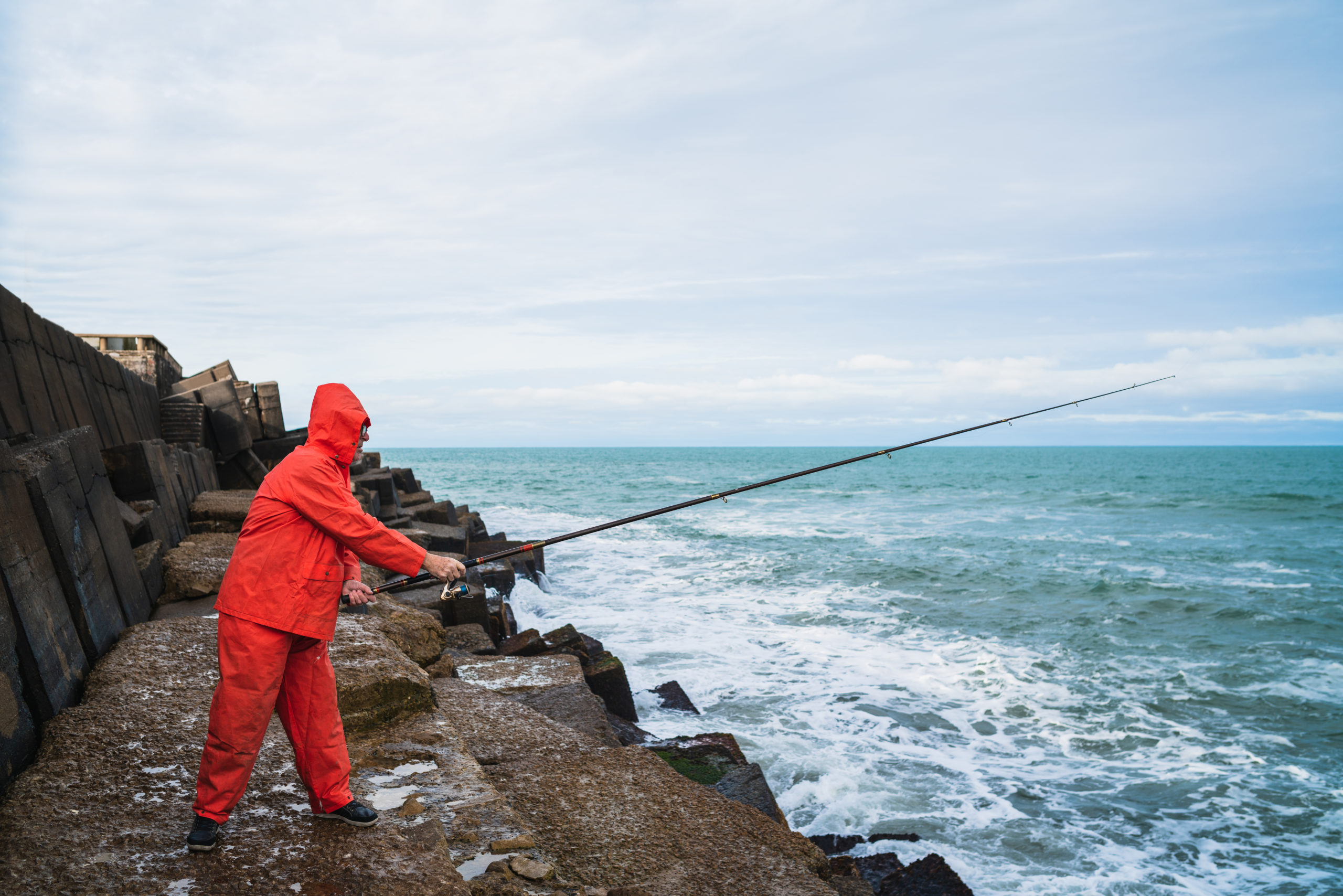More commonly celebrated for its contribution to music, football, and rich maritime history, Liverpool holds another treasure in its arsenal — its fish markets. Located near the banks of the River Mersey, they have not just been trading hubs but also a cornerstone of the city’s culinary identity.
In this article, we will sail through the undercurrents of Liverpool’s fishing legacy, explore the evolution of its iconic fish markets, and delve into how these hubs are shaping the city’s cultural and culinary profile today.
What is the River Mersey famous for?
The River Mersey is not just a river. It is a symbol, a source of livelihood, and an integral part of Liverpool’s identity. Stretching through the North West of England, the Mersey has been a key conduit for trade and commerce for centuries. It has facilitated a fishing industry as old as the city itself.
The river has been a generous provider, teeming with cod, haddock, and salmon, among others. Generations upon generations of fishermen have reaped its aquatic bounty. They created an economic and gastronomic link that has defined Liverpool for years.
As ships and boats traverse its waters, the River Mersey is an enduring partner in Liverpool’s narrative. It facilitates a maritime culture extending far beyond the shorelines and into the city’s heart.
Liverpool’s historic fish markets
Though the fame of London’s Billingsgate Market often overshadows other UK fish markets, Liverpool’s markets possess unique charm and historical significance. Established in the 1700s, they were the heartbeat of maritime commerce. Back then, fishermen from Liverpool, Wirral, and even as far as Ireland would anchor their boats at the Mersey docks.
The catches ranged from staples like haddock and cod to exotic sea bass and mackerel varieties. Vendors would shout over one another to advertise their catch. Fishmongers would creatively describe the day’s specials. Locals would haggle to get the best deals. The atmosphere was electric!
Beyond their economic function, these markets served as social gathering points. They were spaces where people exchanged stories from the high seas, young fishermen learned the trade tricks, and families came to purchase ingredients for their seafood recipes. It was a melting pot of cultures and traditions, all interconnected by the fruits of the Mersey.
Modern-day relevance
Advancements in technology and shifts in retail strategies have changed the face of Liverpool’s fish markets, but their essence remains intact.
The older vendors and fishermen still reminisce about the ‘good old days.’ In contrast, a new generation seamlessly blends tradition with modernity.
Boutique seafood stalls offering gourmet selections are now a common sight. They stand beside more significant commercial vendors with decades of history. Organic and sustainably sourced seafood options attract consumers, while traditionalists stick to their trusted vendors for their weekly seafood needs.
These markets have recently evolved into cultural epicentres, hosting seafood festivals, culinary workshops, and educational programs. Local chefs frequently visit, turning the fresh produce into artful dishes. On weekends, the markets transform into community spaces where families and tourists enjoy various activities, from tasting fresh oysters to participating in seafood cooking classes.
As you can see, Liverpool’s fish markets have significantly extended their reach beyond the local sphere. They now export seafood to international markets, including some locally sourced specialities. The city has proudly carved its niche in the global seafood trade, reinforcing its maritime identity and economic prowess.
Conclusion
The fish markets of Liverpool are not static entities confined to history books. They are vibrant, evolving spaces that encapsulate the city’s maritime heritage and contribute to its contemporary culture. They remind us that the River Mersey is not just a body of water flowing through Liverpool; it is the city’s lifeblood.
Are you interested in diving deeper into Liverpool’s maritime legacy? Visit these historic fish markets or participate in one of the city’s many seafood festivals. Connect authentically with the local culture through its flavours, stories, and people. Enjoy your time!
